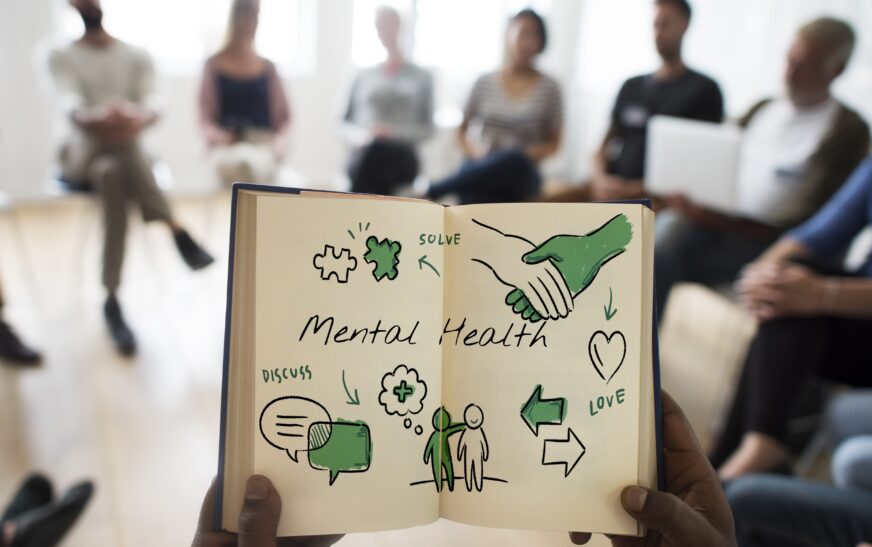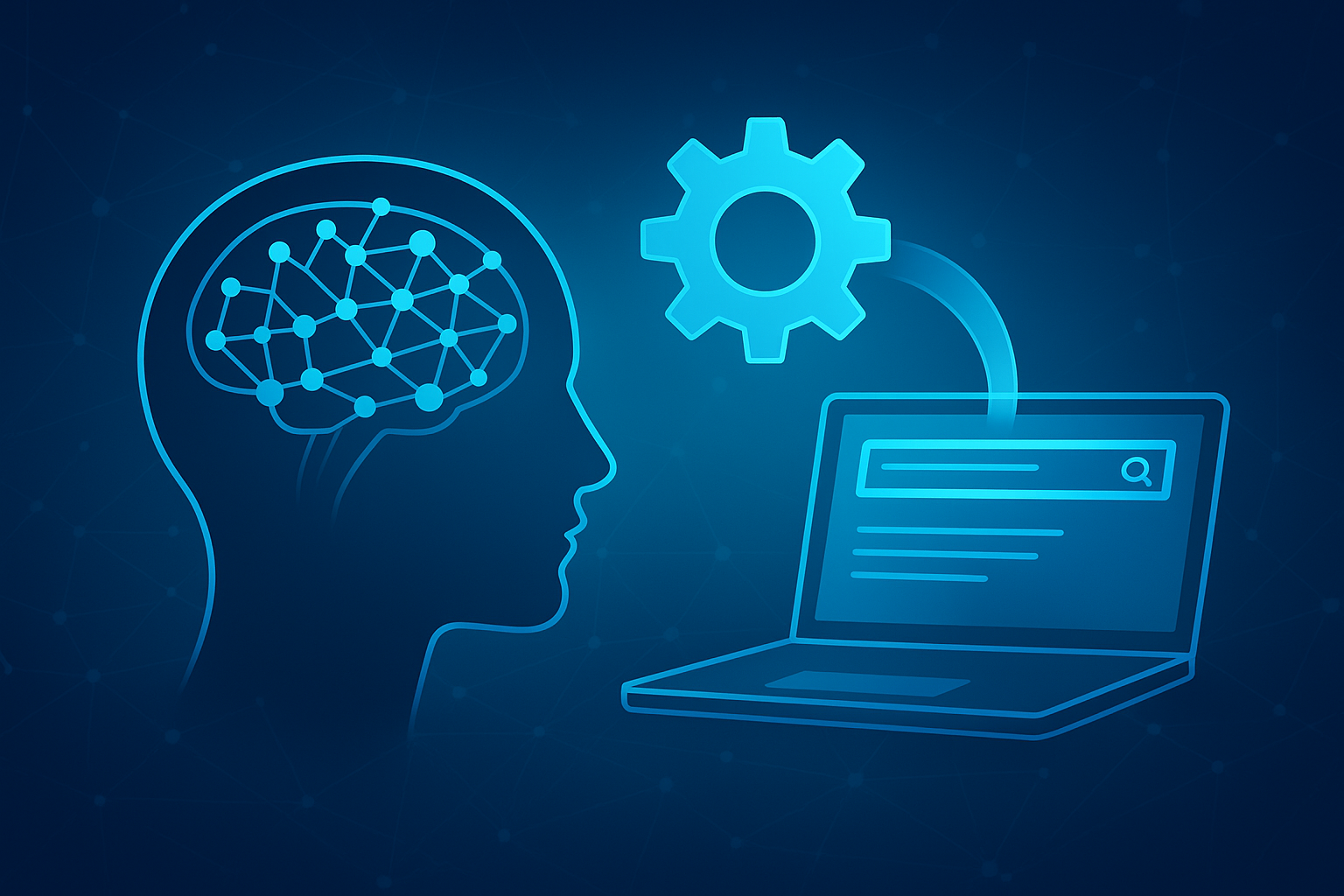Mental Health Awareness: Why It’s More Important Than Ever
In today’s fast-paced world, mental health is as important as physical health—if not more. Yet, mental well-being often takes a back seat. Whether it’s due to stress, anxiety, depression, or burnout, many people silently struggle. In this blog post, we’ll explore the importance of mental health’s awareness, offer practical ways to improve mentaal well-being, and help break the stigma surrounding emotional struggles.
Understanding Mental Health and Its Importance
Mental health’s refers to our emotional, psychological, and social well-being. It affects how we think, feel, and act, and it influences how we handle stress, relate to others, and make choices. Just like physical healths, mental healths can fluctuate over time and requires regular attention.
Ignoring mental health issues can lead to serious consequences such as:
-
Chronic anxiety or depression
-
Sleep disorders
-
Relationship problems
-
Substance abuse
-
Decreased productivity
That’s why mental health awareness is vital—not just for those experiencing challenges but for everyone in society.
Common Signs of Mental Health Challenges
Recognizing the signs of poor emotional wellness is the first step toward seeking help or supporting someone else. Here are some common indicators:
-
Persistent sadness or mood swings
-
Withdrawal from friends or activities
-
Difficulty concentrating
-
Changes in eating or sleeping habits
-
Excessive worry or fear
-
Irritability or anger issues
If you or someone you know experiences these symptoms consistently, it’s time to explore resources for support.
10 Practical Tips for Improving Mental Health
1. Talk About Your Feelings
Opening up to a friend, family member, or therapist can ease emotional burdens and help you gain perspective.
2. Stay Active
Regular physical activity improves mood and reduces anxiety by releasing feel-good chemicals like endorphins.
3. Eat a Balanced Diet
Nutrition plays a role in mood regulation. Foods rich in omega-3, B-vitamins, and fiber are excellent for brain health.
4. Sleep Well
Good sleep hygiene helps regulate your mood, focus, and energy levels. Aim for 7–9 hours per night.
5. Practice Mindfulness or Meditation
Even 10 minutes a day of meditation can reduce stress and promote emotional clarity.
6. Limit Alcohol and Avoid Drugs
Substances may offer short-term relief but often worsen mental health over time.
7. Set Boundaries
Protect your time and energy. Learn to say no to things that drain you.
8. Stay Connected
Human connection is a powerful antidote to stress. Make time for supportive relationships.
9. Find Purpose
Engaging in activities that give your life meaning—like volunteering or learning a new skill—can boost mental resilience.
10. Seek Professional Help
There’s no shame in asking for help. Therapists, counselors, and support groups can provide valuable guidance.
Mental Health in the Digital Age: Finding Balance
Here’s how to balance it:
-
Set time limits on social media apps
-
Avoid “doomscrolling”
-
Follow mental health professionals for credible advice
-
Take regular digital detoxes
Read more about: How to reduce Body Fat?
How to Support Others with Mental Health Issues
You don’t need to be a therapist to support someone going through a tough time. Sometimes just being present and listening is enough.
Ways to support someone:
-
Be patient and non-judgmental
-
Encourage them to seek help
-
Avoid minimizing their feelings
-
Check in regularly
-
Educate yourself about mental health
Your compassion could be the turning point in someone’s healing journey.
Breaking the Stigma Around Mental Health
Mental health’s is still surrounded by misconceptions and stigma. This leads many to suffer in silence. Breaking the stigma begins with open conversations and empathy.
Let’s normalize:
-
Talking about therapy
-
Taking mental health days
-
Asking for help
-
Supporting each other without judgment
By doing so, we create a more compassionate and mentally healthy world.
Conclusion: Make Mental Health a Daily Priority
The journey to improving mental well-being is ongoing and deeply personal. Whether you’re managing stress, recovering from burnout, or supporting someone else, remember that small daily habits can have a profound impact.
Mental healths is not a luxury—it’s a necessity. By making it a priority, we not only improve our lives but also create stronger, more connected communities.













